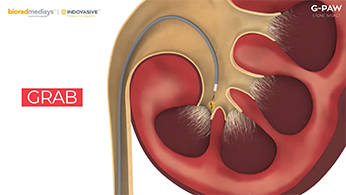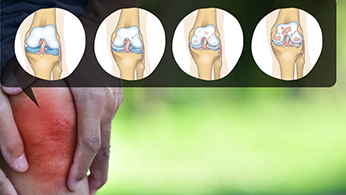Sports medicine is an area of healthcare that focuses on preventing, diagnosing, rehabilitating injuries, and treating medical conditions related to physical activity. It encompasses a multidisciplinary approach, involving professionals from various medical and allied health fields to address the unique needs of athletes and physically active individuals.
- Athletes: Athletes, ranging from amateur to professional levels, are primary recipients of sports medicine. These individuals seek the expertise of sports medicine professionals to optimize their performance, prevent injuries, and receive prompt and effective treatment when injuries do occur.
- Coaches and Trainers: Coaches and trainers collaborate with sports medicine professionals to incorporate evidence-based practices into training regimens. They work together to design injury prevention programs, implement rehabilitation exercises, and optimize training techniques to ensure the overall well-being and peak performance of athletes under their guidance.
- Active Individuals: Beyond competitive athletes, sports medicine is relevant to anyone engaged in regular physical activities or exercise routines. Whether it’s a fitness enthusiast, a weekend warrior, or someone participating in recreational sports, sports medicine provides guidance on injury prevention, performance optimization, and overall health in the context of physical activity.
- Sports Teams and Organization: Professional and amateur sports teams, as well as sports organizations, often employ dedicated sports medicine staff. This team typically includes sports physicians, orthopedic surgeons, physical therapists, and other specialists who collaborate to address the health and performance needs of their athletes.
- Specialized Populations: Certain populations with unique physical demands, such as dancers, gymnasts, and individuals involved in extreme sports, may also seek the expertise of sports medicine professionals. These specialists tailor their approach to address the specific risks and challenges associated with these activities.
Why Sports Medicine is Taken:
- Injury Prevention: Sports medicine places a strong emphasis on preventing injuries before they occur. Through biomechanical assessments and analysis, sports medicine professionals identify potential risk factors. They then develop and implement targeted interventions, such as strength and flexibility training, to reduce the likelihood of injuries during physical activity.
- Treatment of Injuries: Injuries that occur as a result of sports are diagnosed and treated by sports medicine professionals. This includes acute injuries like fractures and sprains, as well as chronic conditions such as overuse injuries. Prompt and effective treatment not only aids in recovery but also minimizes downtime, allowing athletes to return to their activities more quickly.
- Performance Enhancement: Sports medicine isn’t solely focused on injury management; it also aims to optimize athletic performance. By conducting biomechanical assessments, analyzing movement patterns, and designing personalized training programs, sports medicine professionals work to enhance an individual’s strength, agility, endurance, and overall physical capabilities.
- Rehabilitation: Following an injury or surgical intervention, rehabilitation becomes a critical aspect of sports medicine. Physical therapists and rehabilitation specialists collaborate to design tailored rehabilitation programs. These programs not only address the specific injury but also focus on restoring overall function, mobility, and strength to pre-injury levels.
- Overall Health and Well-being: Sports medicine professionals consider the holistic well-being of individuals engaged in physical activity. They provide guidance on nutrition, mental health, and lifestyle factors that can impact an individual’s ability to perform optimally and maintain long-term health, both on and off the field.
- Education and Research: Sports medicine professionals actively contribute to the education of athletes, coaches, and the general public. They disseminate information about injury prevention, proper training techniques, and overall health promotion. Additionally, they engage in research to advance the understanding of sports-related conditions, improve treatment modalities, and contribute to the evolving body of knowledge in the field.
Sports medicine is a comprehensive field that addresses the diverse needs of athletes, active individuals, and specific populations. It combines preventive measures, injury treatment, performance optimization, rehabilitation, and a focus on overall health to support individuals in achieving their physical activity goals while minimizing the risk of injuries and promoting long-term well-being. The collaboration between sports medicine professionals, athletes, and their support teams is essential for creating a holistic and effective approach to sports-related healthcare.













Leave a comment